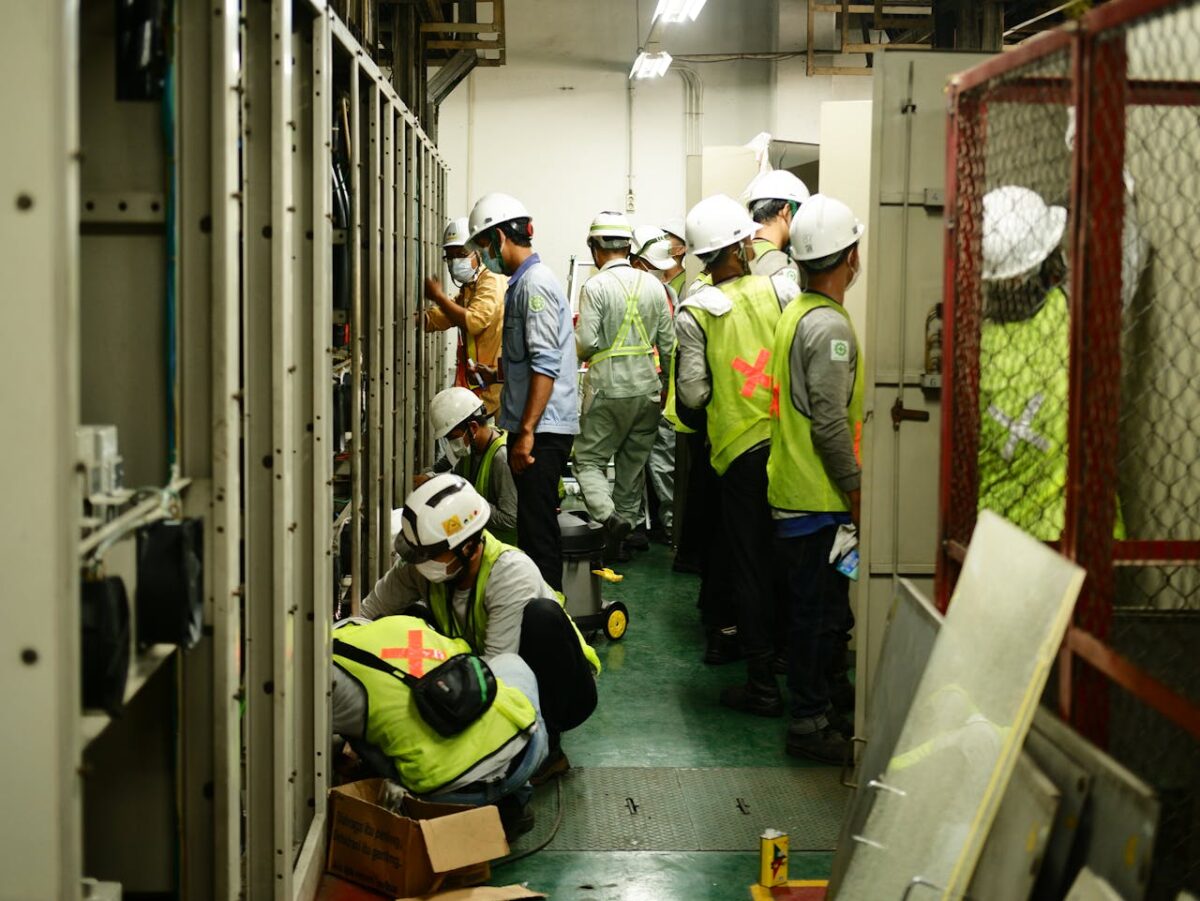The construction industry is one of the most dynamic and strategic sectors for the economic development of the region and the country. However, companies operating in this sector face two critical challenges that can directly affect productivity, profitability, and long-term sustainability: worker safety and project management . Strategically addressing these challenges not only strengthens operational performance but also improves the company’s reputation and its ability to compete in a highly demanding market.
1. Job security: a critical factor for success and sustainability
Construction safety is a priority that cannot be underestimated. Construction work involves inherent risks that, if not properly managed, can lead to workplace accidents, regulatory penalties, and decreased employee morale and productivity.
Main challenges in occupational safety:
High incidence of accidents: Working at heights, operating heavy machinery, and environmental conditions increase the likelihood of incidents that can result in serious injury or even death.
Compliance with rules and regulations: The industry is subject to strict municipal and national regulations. Failure to comply can result in fines, closures, or damage to the company’s reputation.
Inadequate training: A lack of ongoing training programs on workplace safety and the use of personal protective equipment can increase the risk of accidents.
Weak security culture: Security must be a shared responsibility across all levels of the organization. Without a strong security culture, established protocols tend to be ignored or inconsistently applied.
Key strategies to strengthen workplace safety:
Constant risk assessment: Implement monitoring systems and regular audits to identify and eliminate potential risks.
Training and awareness: Establish ongoing safety training programs and the use of personal protective equipment.
Regulatory compliance: Ensure safety practices are aligned with local and national regulations.
Promoting a safety culture: Involve all levels of the organization in the development and implementation of effective safety measures.
Technology applied to security: Use monitoring devices and digital tools to prevent incidents and respond quickly and efficiently to any contingency.
Companies that prioritize workplace safety not only protect the physical integrity of their employees, but also optimize operations and reduce costs associated with incidents and regulatory sanctions.
2. Project management: the key to delivering results on time and in the right way
The construction industry faces significant operational complexity due to the number of stakeholders involved, the variety of materials, tight deadlines, and changing project conditions. Efficient project management is essential to ensure that projects are completed on time, on schedule, and within budget.
Main challenges in project management:
Coordination of multiple stakeholders: Construction involves architects, engineers, contractors, and suppliers, among others. A lack of clear communication and centralized planning can lead to delays and errors.
Cost control: Budget deviations due to planning errors, hidden costs, or poor materials management can seriously impact project profitability.
Meeting deadlines: Delays in obtaining permits, adverse weather conditions, and logistical issues can impact the project schedule.
Adapting to changes: The ability to adjust the work plan in the event of unforeseen events is key to avoiding financial losses and reputational damage.
Key strategies to improve project management:
Use of digital tools: Implement project management platforms that allow for real-time updates and coordination among all stakeholders.
Clear definition of objectives and responsibilities: Establish project objectives, timelines, and budget from the outset, and assign specific responsibilities for each phase.
Risk analysis and rapid response: Identify potential risks from the outset and define clear protocols to address any deviations in a timely manner.
Resource optimization: Ensure the availability and efficient use of materials and labor to avoid waste and delays.
Continuous evaluation: Hold regular meetings to assess progress and make adjustments based on project needs.
Efficient project management improves the quality and profitability of projects, strengthens relationships with clients and suppliers, and positions the company as a leader in the sector.
At Smart Consulting, we understand the specific challenges facing the construction industry in Monterrey. Our team of experts is ready to help you implement customized solutions that improve workplace safety and optimize the management of your projects.
Contact us today and let’s take your business to the next level!


